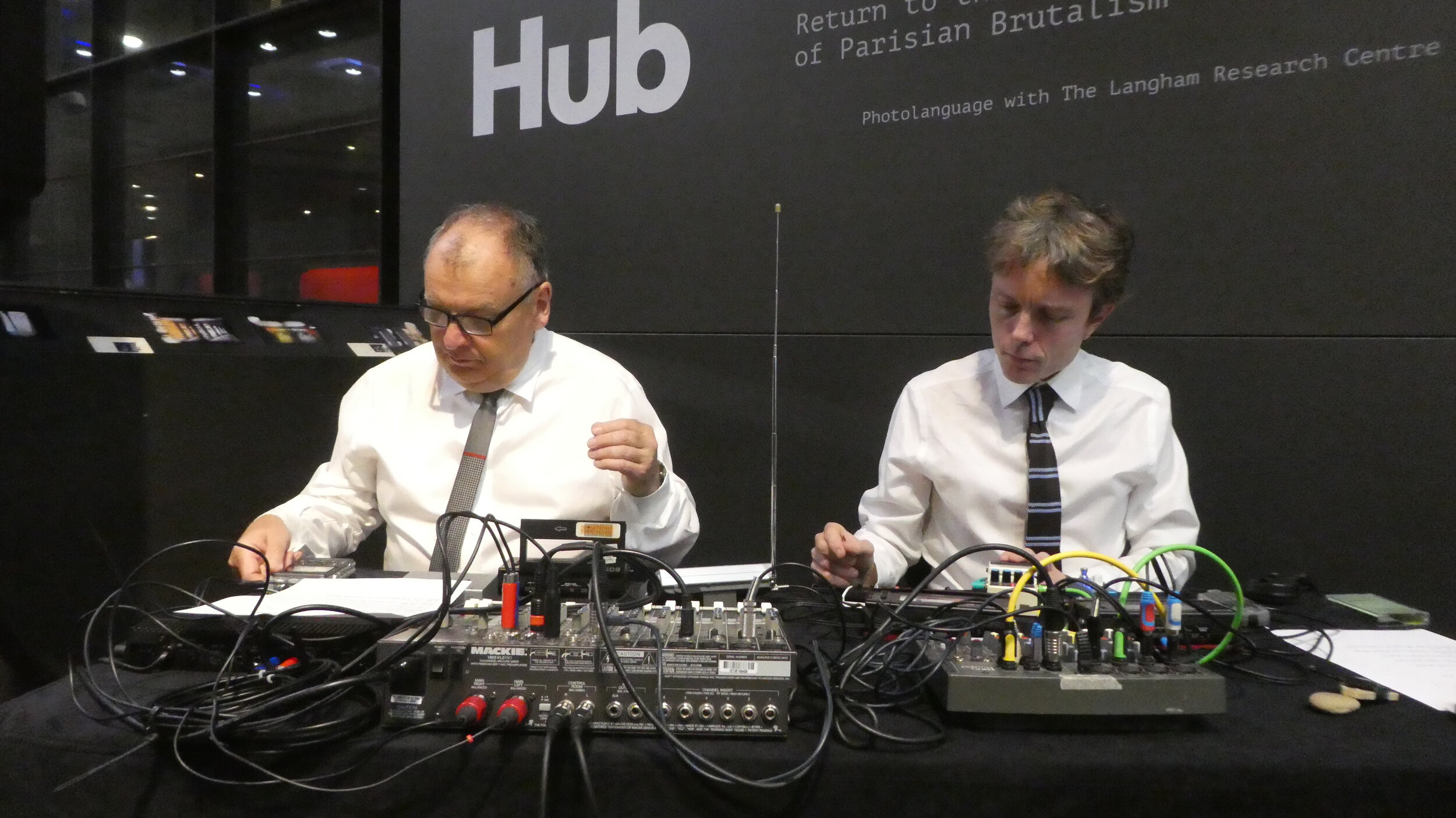PLEASE NOTE THE ORIGINAL DATES FOR THIS WORKSHOP HAD TO BE RESCHEDULED DUE TO ILLNESS. THE RESCHEDULED DATES ARE WED 14 OCT + WED 21 OCT.
UPDATED SCHEDULE
Workshop 1
Wed 14 Oct, 6–7:30pm BST
-
Workshop 2
Wed 21 Oct, 6–7:30pm BSTThis virtual workshop – hosted via Zoom – focuses on 'Play', a text score by the American experimental composer Christian Wolff, part of the ‘Prose Pieces’ collection composed in 1968.
Wolff was associated with the so-called New York School of composers, centred around John Cage in the 1950s. They were described as composers who were "getting rid of the glue": they weren't interested in conventional musical continuity, composing instead in a way that created musical situations where "sounds would be themselves" rather than having a structural relationship to other sounds.
This approach has been inspirational to Langham Research Centre's own music, who have performed this piece numerous times, from the outset in consultation with Christian Wolff.
You'll learn about aspects of Christian Wolff's music, and techniques for dealing with the challenges that his music and scores present. The workshop culminates in one or more group performances of the piece during the second workshop.
Hosted by Langham Research Centre’s Iain Chambers and Robert Worby, the first workshop will focus on analysis of the score with detailed discussion about how it might be realised, and Wolff's composition techniques. The score gives instructions about what performers should do as individuals – what actions they should make during the performance – rather than what we hear as a result of those actions. Seemingly straightforward in the text's simplicity, the piece requires developed listening skills to produce a convincing performance.
In the second session, participants will work towards one or more group performances, having prepared ideas about how we each might perform. Any instruments and sound producing means – including the voice – can be used, but it should be noted that the last line of the score reads, “At some point or throughout use electricity.”
This workshop is suitable for beginners, and those without conventional musical experience. You'll need a computer and headphones or speakers along with sound producing devices that could include conventional instruments, your voice, electronic devices, objects, etc.
If you have any questions regarding suitability for this workshop or if the price is a barrier to your ability to attend, please get in touch with sophie@nonclassical.co.uk
About the artist
Langham Research Centre formed in 2003, as producers at BBC Radio 3, based in London’s Langham Place. These were the last days that open reel tape was used for broadcast.
Taking inspiration from the rich sound of tape, and the personalities and imperfections of tape machines, they wanted to recapture the spirit of the BBC Radiophonic Workshop, and make BBC programmes featuring our tape experiments. An early example was Gateshead Multistorey Carpark, entirely made out of the sounds of the infamous carpark from the film, Get Carter.
Like an early music group’s use of historic instruments, Langham Research Centre work with vintage equipment to perform 20th century classic electronic repertoire by John Cage, Alvin Lucier and others, particularly repertoire that can only be performed with reel-to-reel tape and other now obsolete devices.
The group also compose new music using this vintage instrumentarium. 2013 saw 3 new concert-length works by LRC, and they continue to be commissioned to write new work for music festivals, one off concerts and art galleries.
More from Langham Research Centre
More like this
Nonclassical is generously supported by Arts Council England and City Bridge Trust.




